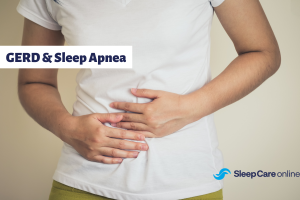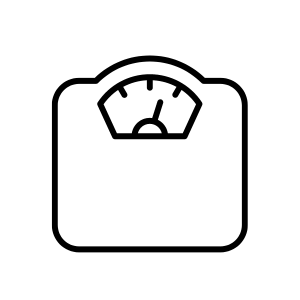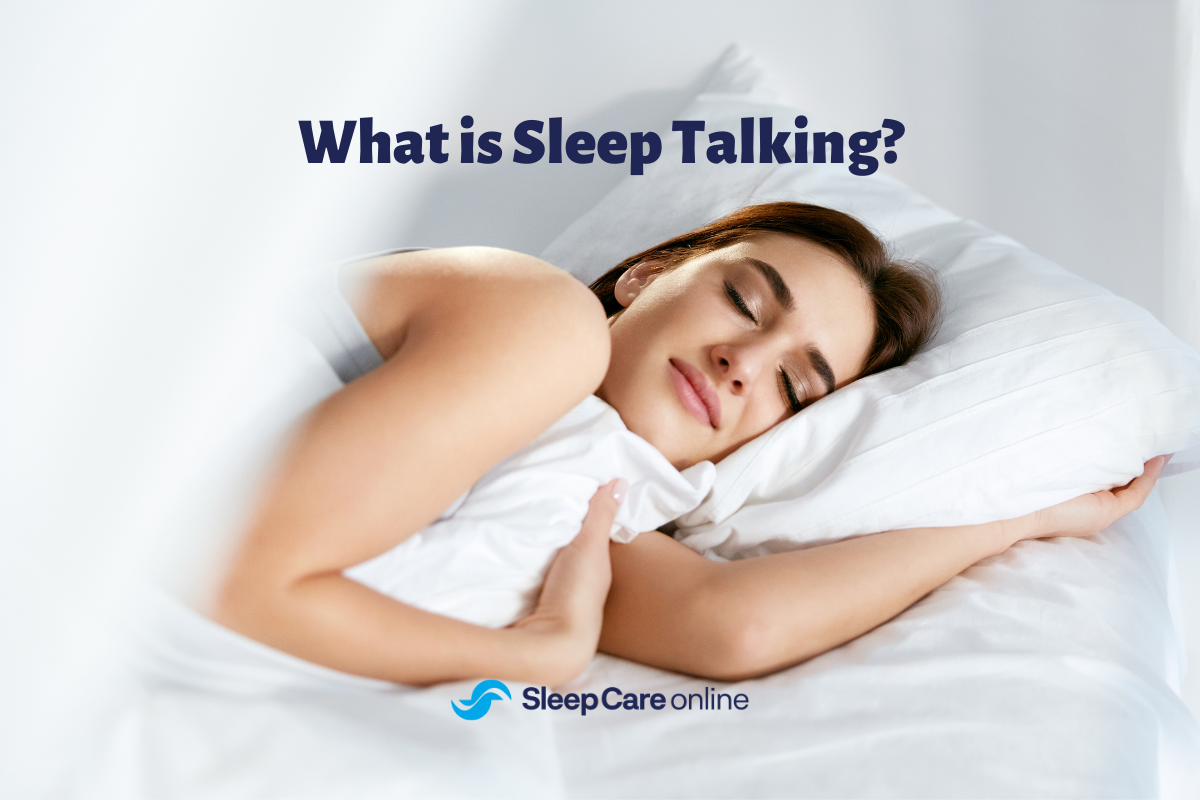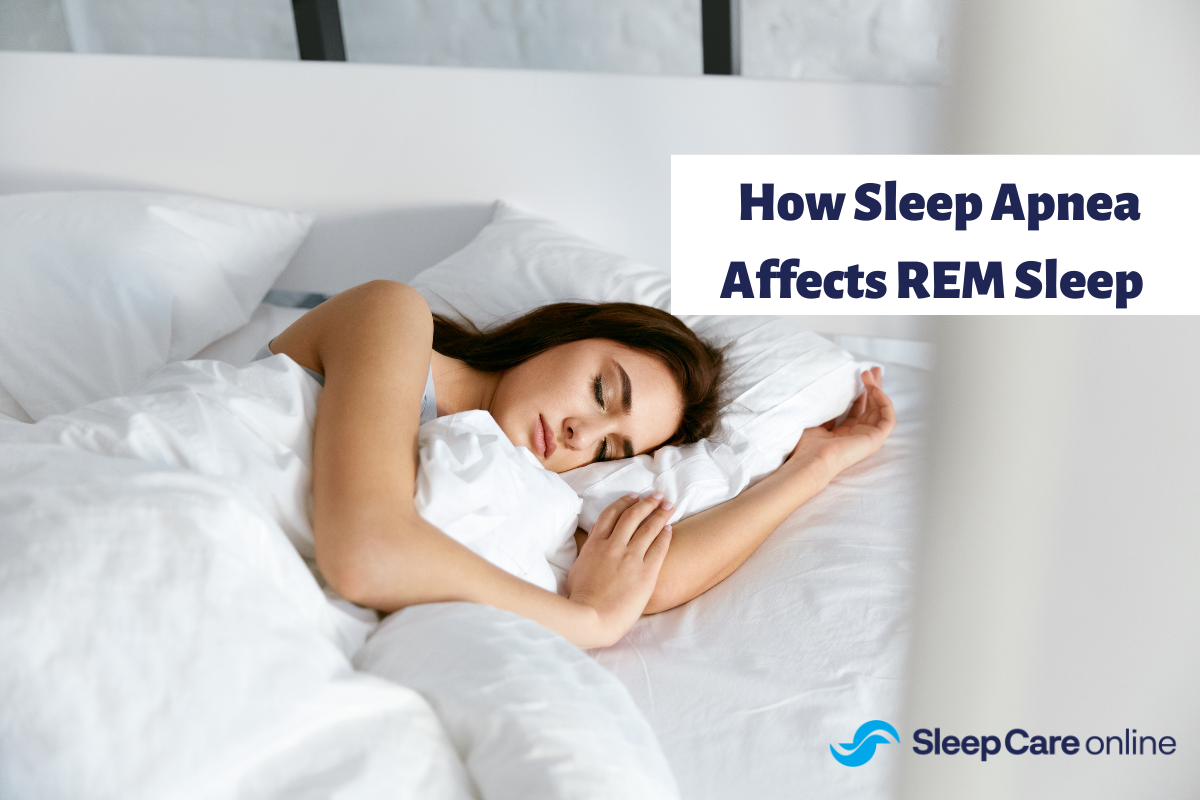While GERD, also known as gastroesophageal reflux disease, and obstructive sleep apnea are unrelated there is some evidence that the digestive condition that affects so many may impact some sleep apnea patients. There’s a high prevalence, with 58-62% of obstructive sleep apnea patients with GERD, suggesting a more significant correlation between the conditions. 
What Is GERD?
Gastroesophageal reflux disease (GERD) is a digestive disease in which stomach acid irritates a person’s food pipe lining. This acid repeatedly flows into the esophagus from the stomach. Although many people may experience acid reflux from time to time, when it happens more than usual, GERD is typically the cause.
GERD can affect a person’s overall quality of life because of the repeated episodes of acid reflux it brings on. Acid reflux can occur in someone who has GERD at least one time per week and can also come with some severe symptoms and side effects.
However, this disease is very manageable and a few lifestyle changes can result in fewer symptoms. Medicine can also be prescribed, and well as surgery be performed to ease symptoms, but that is less common.
Symptoms Of GERD
The most common symptoms of GERD are:
- Heartburn typically occurs after eating and gets worse when lying down
- Regurgitation of food or liquid
- Upper abdominal or chest pain
- Trouble swallowing (dysphagia)
- The sensation of a lump in your throat
Complications of GERD and Sleep Apnea
Having GERD can cause potentially serious health consequences. Having this disease can cause inflammation in the esophagus, or even cause Barret’s esophagus. This condition occurs when tissue that is similar to the lining of your intestine replaces the tissue lining your esophagus.
Additionally, when someone has GERD, they can have spasms that affect the airway, making it harder to breathe. This can increase the risk of developing sleep apnea.
Potential Causes of GERD
There are many risk factors for this disease, including:

Cigarette Smoking: Smoking cigarettes affects the lower esophageal sphincter which slows the clearance of stomach acid.
Diet: Certain food choices, including chocolate, tomatoes, spicy food, citrus, coffee, and others, can induce heartburn or acid reflux.
Pregnancy: Being pregnant can also induce GERD, but the symptoms typically go away after giving birth.
What Is Sleep Apnea?
Sleep apnea is a sleep disorder when a person’s breathing stops and starts many times throughout the night. This sleep disorder could potentially become serious if it is left undiagnosed. The two most common symptoms of sleep apnea are loud snoring and tiredness in the morning even after receiving an adequate amount of sleep.
There are three main types of sleep apnea:
- Obstructive sleep apnea. This type of sleep apnea, often referred to as OSA, is the most common form of this disorder. It occurs when a person’s muscles in their throat and tongue temporarily relax.
- Central sleep apnea. This type of sleep apnea happens when a person’s brain’s signals are not properly sent to the muscles that control their breathing.
- Complex sleep apnea. This complex type is a combination of both OSA and central sleep apnea. It can also be referred to as treatment-emergent sleep apnea and could become a very serious disorder.
Is There a Connection Between GERD and Sleep Apnea?
There is no distinct relation between sleep apnea and GERD to yet be discovered. However, researchers found that GERD is a sleep disruptor, as untreated acid reflux could negatively affect a person’s sleep, potentially leading to more serious sleep health issues. One particular study studied 48 adults and their relationship with GERD. These adults experienced GERD more than three times weekly, and the ones who had the most severe symptoms also had the worst issues sleeping.
However, treating both sleep apnea and/or acid reflux can help to improve both of these health concerns. Getting these conditions treated is crucial to good health, so it’s recommended to be aware of their symptoms so that diagnosis and treatment can be prompt and effective.
Can GERD Be Treated with CPAP Therapy?
Limit Consuming Alcohol
Reducing your consumption of alcoholic beverages can help both sleep apnea and GERD. Alcohol can act as an irritant to the lining of the throat and worsen the symptoms of this disease. Excessive alcohol consumption can leave the throat inflamed and trigger acid reflux even after waking. Patients with symptomatic GERD are frequently recommended to avoid alcohol consumption or to consume a moderate amount of alcohol. Limiting alcohol consumption, especially near bedtime can minimize symptoms of both GERD and sleep apnea.
Maintain Your Sleeping Position
Your sleeping position can affect both GERD and obstructive sleep apnea. Most sleep apnea patients know that sleeping on their back can worsen their sleep disorder at night. Sleeping on your stomach or side is preferred or sleeping on your back in a raised position. Sleeping with your left side down also reduces reflux episodes and exposure of the esophagus to stomach acid. However, sleeping in other positions, including on your back, can make reflux more likely.
Use Proton Pump Inhibitors
Proton pump inhibitors (PPIs) are medicines that work by reducing the amount of stomach acid made by glands in the lining of your stomach. Other medications that can treat excess stomach acid include H2 receptor blockers, such as famotidine (Pepcid AC) and cimetidine (Tagamet). However, PPIs are usually more effective than H2 receptor blockers and can ease symptoms in the majority of people who have GERD. Using proton pump inhibitors along with taking other measures to prevent GERD symptoms during bedtime can help reduce episodes.
Reduce Weight
Excess belly fat increases the risk of developing GERD as the fat stored around that area causes pressure on the stomach. The increased risk of this disease could also be due to hormonal changes that affect weight gain.
In addition, reducing weight can also aid in sleep apnea treatment by reducing the fatty tissue around the throat which can aggravate sleep apnea symptoms.
Use CPAP Therapy
A recent study suggests that CPAP therapy could help a patient with nocturnal gastroesophageal reflux to alleviate the symptoms.
Research shows that 78% of sleep apnea patients have acid reflux symptoms. The mean heartburn score of sleep apnea patients who are prescribed therapy decreased by 62%. Heartburn also reduced in those who kept up with their treatment. This study shows that frequent use of CPAP machines could help improve the symptoms of GERD.
Get Tested for Sleep Apnea
If you feel like you need CPAP therapy or may have sleep apnea, the first step to take is to get tested for this sleep disorder. Sleep Care Online makes that process easy by offering a sleep apnea testing service that can be done alone, in the comfort of your own home! For more information, click the link below or call us at 866-465-4478 today!




